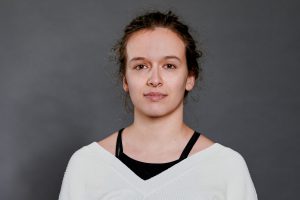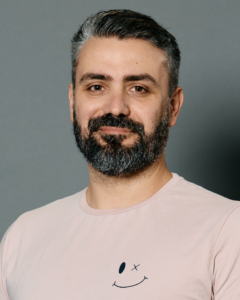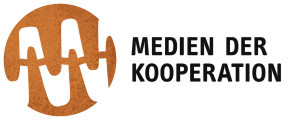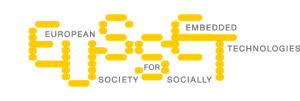Messiness in Ethnography
Acknowledging and Embracing the Complexities of Conducting Ethnography: Navigating the Notions of Messiness in the Field
Open Panel at the Society for Social Studies of Science (4S) conference, 2023
November 9th
This open panel explores the challenges and complexities of conducting ethnographic research in messy, real-world environments within the disciplines of STS, Human Computer Interaction (HCI) and Media Anthropology. Ethnography often requires researchers to navigate complex social dynamics, unpredictable events, and unexpected outcomes. Research carried out in contexts under occupation or oppression, faced with war crimes or human rights violations bring out even more uncertainties, complexities, and potentially even trauma. Ethnography undoubtedly carries the notion of (neo-)colonialism, exploitation, and extractivism. Questions that should occur here are: How do we ensure that our research/work does not play into these practices? What are steps we can take to counteract these exploitive mechanisms? What authority do we have to do the research we are doing? Who is actually benefiting from our work and how can we align that with decolonial thinking? This open panel seeks to bring together researchers who are acknowledging and embracing these complexities and who are seeking and/or developing strategies to manage the messiness of ethnography. It is open to both conceptual and empirical presentations that address the challenges of ethnographic research and offer insights into how to navigate the nuances of messy ethnographic fieldwork. We encourage researchers to submit reflective pieces which are very personal and show the influence the research setting has on the researcher.

Presentations
Politics of field access: A reflection on finding a research site in an Indian bureaucratic system
Rashmi Pavagada Subbanarasimha, International Institute of Information Technologies, Bangalo
Complex engagements and realities of conducting ethnographic research in a South African indigenous township
Itunu Bodunrin, University of Johannesburg
New Media Methods and Targeted Topic Selection: Complex Trauma within Ethnographic Data Collection
Sara Cole
The Missing Piece: Bringing Trust to the Forefront of Refugees‘ Stories
Felicia Clement, University of Waterloo
Organization

Sarah Rüller is a PhD student and research associate at the Institute for Information Systems and New Media and the Collaborative Research Center 1187 – Media of Cooperation, University of Siegen. Her current research focuses on Computer Clubs and computer-supported project-based learning with Imazighen (indigenous inhabitants of Morocco) in the High Atlas.

Konstantin Aal holds a PhD from the University of Siegen and is a team leader at the Institute for Information Systems and New Media and the Collaborative Research Center 1187 – Media of Cooperation, University of Siegen.
He is part of come_IN, a research project which founded several computer clubs for children and their relatives including refugees. His current research focuses on technology appropriation by local communities in the Global South.

Volker Wulf is a computer scientist with an interest in the area of IT system design in real-world contexts, this includes the development of innovative applications from the areas of cooperation systems, knowledge management and community support. One special focus lies on flexible software architecture which can be adapted by end-users. Further research focuses on methods of user-oriented software development and introduction processes. He is the head of the Institute for Information Systems and New Media at the University of Siegen.




%6101747278725364%